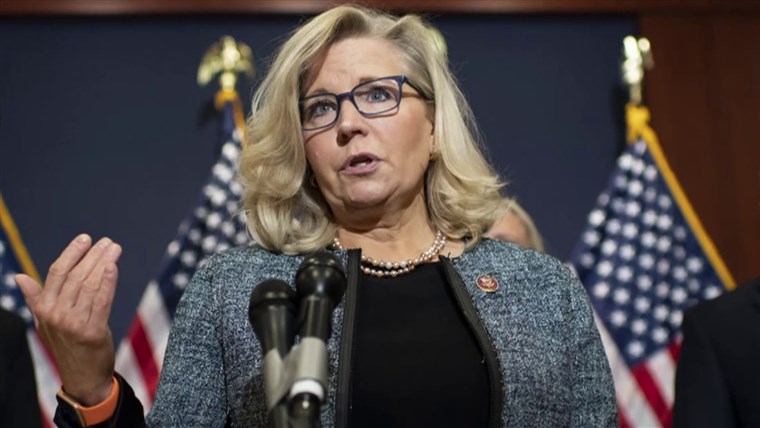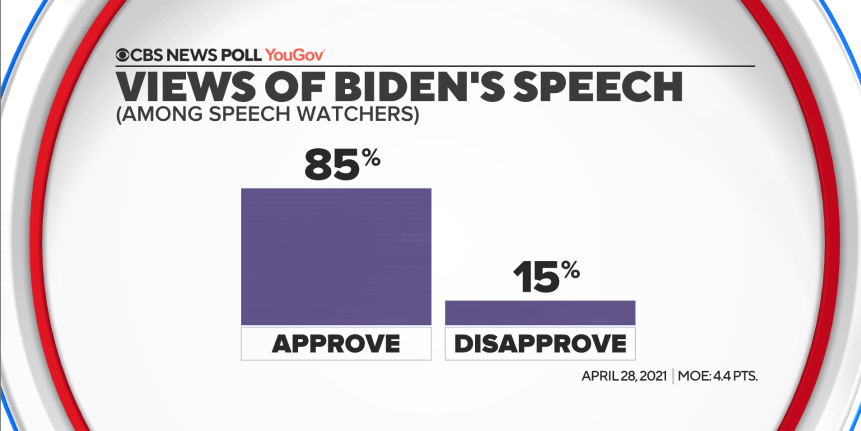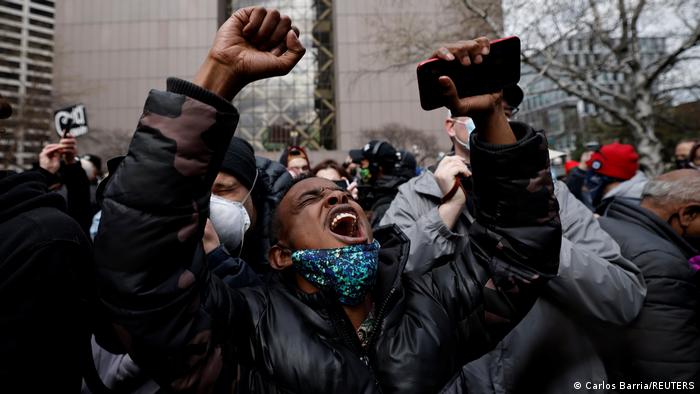You’ve probably heard the grumbling about businesses not being able to find enough workers. Where I am, this seems mostly to involve fast-food restaurants, although I’ve seen news reports saying that construction and transportation (mostly truck driver) jobs also are going unfilled. Immediately, the blame is put on enhanced unemployment benefits that are allegedly making workers lazy.
Some Republican governors are taking matters into their own hands and canceling the extended benefits to force people back to work. Montana is cutting out the extra $300 and will instead offer a one-time bonus of $1,200 to people who get jobs. This past week South Carolina also announced the end of the $300, but no bonus. Other red states are expected to follow.
I’ve seen a number of articles analyzing the so-called worker shortage that say this situation isn’t so simple. Low-wage food service workers in particular have been rethinking the meaning of life and aren’t that eager to return, especially while the pandemic is still going on. “Many workers still don’t feel safe returning to work during a pandemic. Others don’t want to fight with patrons over health and safety guidelines. Some may have left town or joined another industry while they were laid off and will return when the timing and opportunity are right,” it says here.
(This is from 2014, but I don’t know that things have changed since then — 40 Percent of Restaurant Workers Live in Near-Poverty.)
And maybe some people are reconsidering their lives and how they want to spend them. Here is a hint about which people we’re talking about:
But another way to look at this is there is a great reassessment going on in the U.S. economy. It’s happening on a lot of different levels. At the most basic level, people are still hesitant to return to work until they are fully vaccinated and their children are back in school and day care full time. For example, all the job gains in April went to men. The number of women employed or looking for work fell by 64,000, a reminder that child-care issues are still in play.
Do tell.
There is also growing evidence — both anecdotal and in surveys — that a lot of people want to do something different with their lives than they did before the pandemic. The coronavirus outbreak has had a dramatic psychological effect on workers, and people are reassessing what they want to do and how they want to work, whether in an office, at home or some hybrid combination.
A Pew Research Center survey this year found that 66 percent of the unemployed had “seriously considered” changing their field of work, a far greater percentage than during the Great Recession. People who used to work in restaurants or travel are finding higher-paying jobs in warehouses or real estate, for example. Or they want to a job that is more stable and less likely to be exposed to the coronavirus — or any other deadly virus down the road. Consider that grocery stores shed over 49,000 workers in April and nursing care facilities lost nearly 20,000.
See also On this Mother’s Day, the crisis for working moms is hard to miss by Karla L. Miller.
Women suffered major job losses this year — partly because majority-female industries were the hardest hit by the pandemic, but also because no human can sustain the dual full-time duties of caring for minor children and performing a full-time job.
As a one-time single mother, I endorse that. I spent a large part of my adult life in a stage beyond burnout, giving neither my children nor my job the time I wanted to give them, because there wasn’t enough time. The pandemic gave a lot of mothers a blessed opportunity to get off the hamster wheel for a while. For those working office jobs from home, however …
Even in dual-earner families where both parents were able to work from home, it was primarily moms who took the hit in paid hours to focus on children’s schooling and care. Plenty of articles covered this phenomenon, but nothing captured it for me quite like the New York Times photo of a mother on a work call helping her child go potty while, on the other side of the bathroom wall, the child’s father took his work call in a clean, quiet home office.
I am sure there are lots of fathers who stepped up, of course. And I’m sure there are men rethinking their work lives as well.
Here’s another interesting bit, from White House grapples with reports of labor shortage, inflation as recovery picks up steam.
Typically, tight labor markets would correspond with wage growth at the bottom end of the income distribution as firms compete for workers. But economists and administration officials have yet to see that jump, suggesting that a shortage is not a major problem.
I believe that’s saying that the frustrated employers who can’t fill jobs haven’t raised their wages yet. Why is that?
Talk of higher wages inevitably sparks fearmongering over higher prices and inflation. What I want to gently suggest here is that this economy thing isn’t working. It’s not working if it depends on huge numbers of people being grossly underpaid and overworked, stuck in poverty, perpetually falling short in meeting family responsibilities and even getting enough sleep. I say we need to step back and rethink employment entirely. I’m not sure what the solution is, but there has to be a better way.










